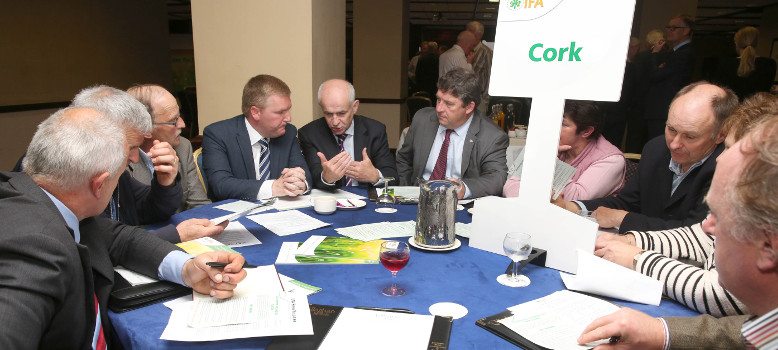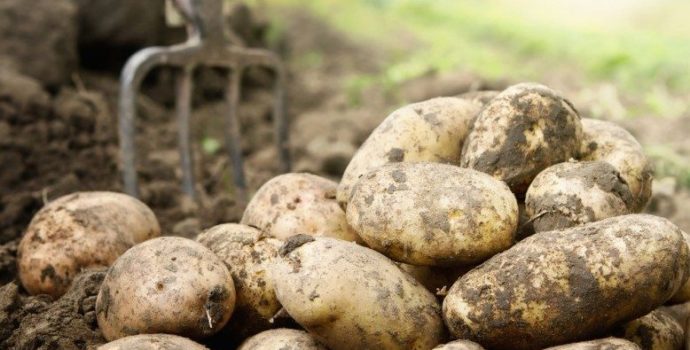Ifa’s Pre-budget Submission Emphasises the Return in the Rural Economy from Investment in Agriculture

IFA President Eddie Downey presented the Association’s pre-budget submission INVESTING IN AGRICULTURE TO DRIVE ECONOMIC GROWTH to members of the Oireachtas in Dublin today (Tues), at which he said the targeting of sectors like agriculture that can stimulate economic activity must be a key Government objective in next month’s Budget.
IFA County Chairmen, with the Farm Business & Rural Development Committees, met their local TDs and Senators, where they highlighted the key issues in the submission where progress is required, and the importance of achieving a balanced economic recovery across the country.
Eddie Downey said, “Throughout the downturn, the primary agriculture and agri-food sector delivered increased employment and export earnings, contributing significantly to our economic recovery. However, the cuts to farm schemes in successive budgets have had a damaging effect on farm incomes particularly in the vulnerable, low-income drystock sectors”.
IFA is clear that in Budget 2016, the Government must deliver on its funding commitment to the Rural Development Programme (RDP). Funding of €580m, which has already been committed as part of the RDP, must be provided for farm schemes in the Budget. This funding will underpin economic recovery of rural Ireland and will deliver programmes of support for low-income farmers, support the provision of environmental services, encourage young farmers, promote on-farm investment and support farming in marginal areas.
Expenditure priorities for farming in Budget 2016 are:
• Funding of €250m must be allocated for agri-environment schemes in Budget 2016, with full payments for 50,000 participants;
• Funding of €65m for the suckler cow herd must be provided through the Beef Data and Genomics Scheme in Budget 2016;
• A funding allocation of €15m is required for the rollout of Knowledge Transfer programmes for farmers across all sectors in 2016;
• Funding of €40m is required for the TAMS II programme in 2016, to cater for all sectors;
• A targeted payment for the ewe flock, requiring a funding allocation of €25m in Budget 2016; and
• An increased funding allocation for the TB Eradication Programme, to include increased consequential loss payments for farmers.
IFA Farm Business Chairman Tom Doyle said, “Budget 2016 provides an opportunity for the Government to address the structural problems and build on the productive capacity of the agricultural sector through the taxation system”.
The taxation priorities for farming in Budget 2016 are:
• Introduction of a farm transfer incentive to maximise the productive capacity of the farm enterprise and to support two generations through the transfer;
• Introduction of an Earned Income Tax Credit for self-employed workers to restore equity in the income tax system. The difference in income tax treatment between the self-employed and employees is particularly severe at lower income levels, and must be removed;
• Retention of 90% Agricultural Relief for farm transfers and adjustment of CAT thresholds to reflect asset price changes; and
• Extension of the Stamp Duty Young Trained Farmers exemption and Stock Relief measures past their current expiry dates of 31st December 2015;
• Extension of income averaging to forestry clear-felling income.
Concluding, the IFA President said Food Wise 2025 has set very ambitious targets for farm families. “The implementation of the measures outlined in our pre-Budget submission will be critical to achieving these targets”.




